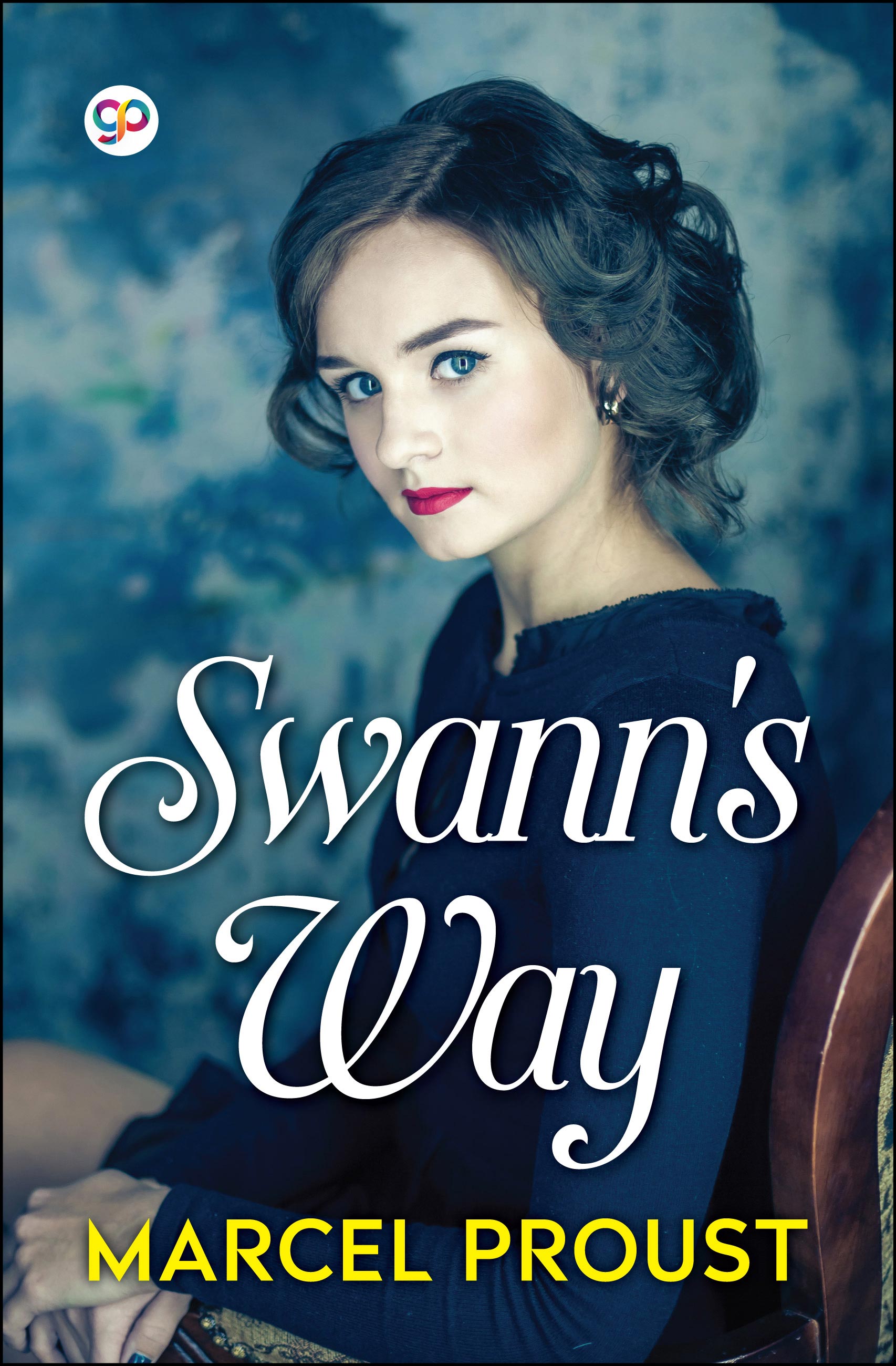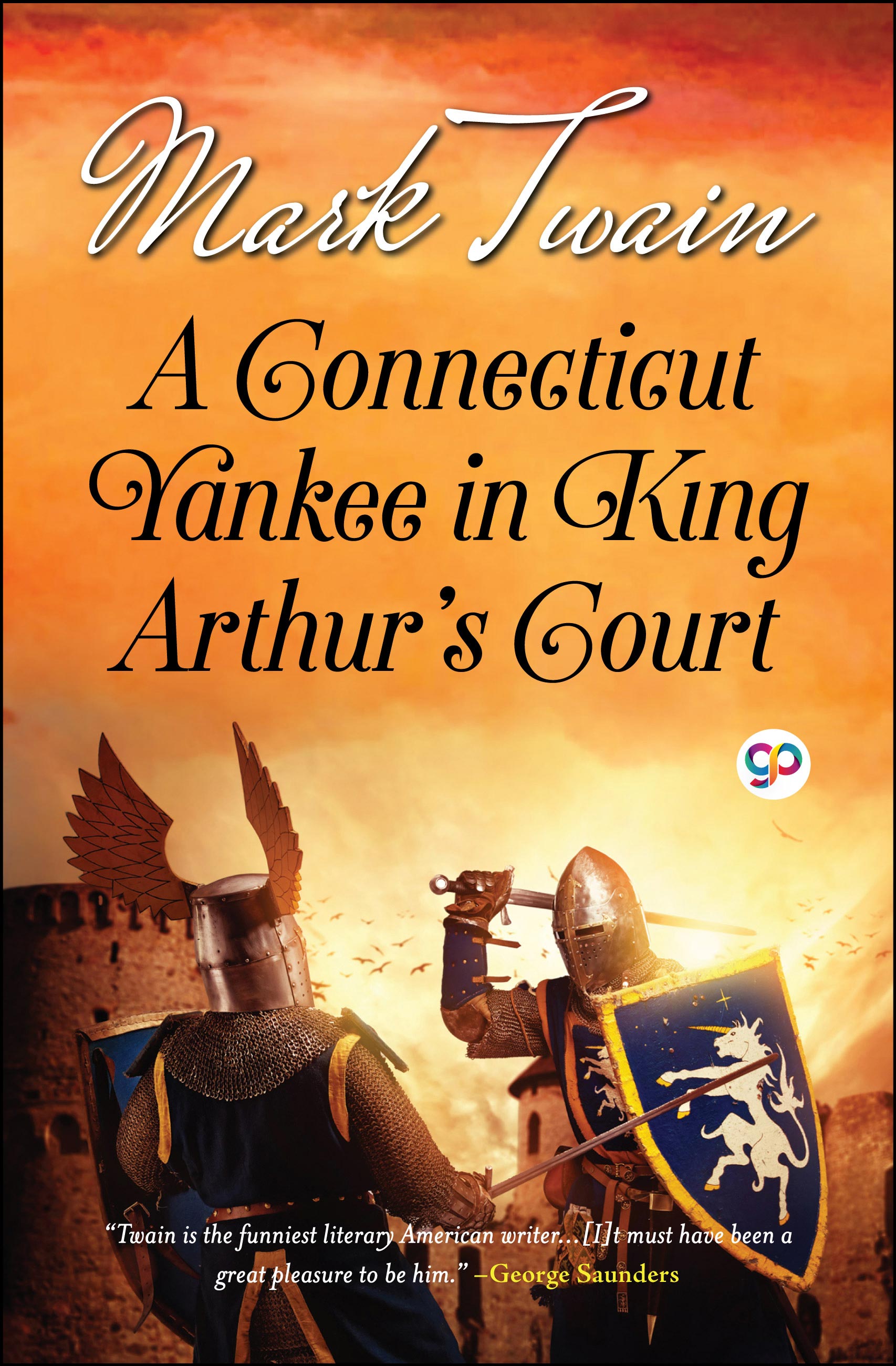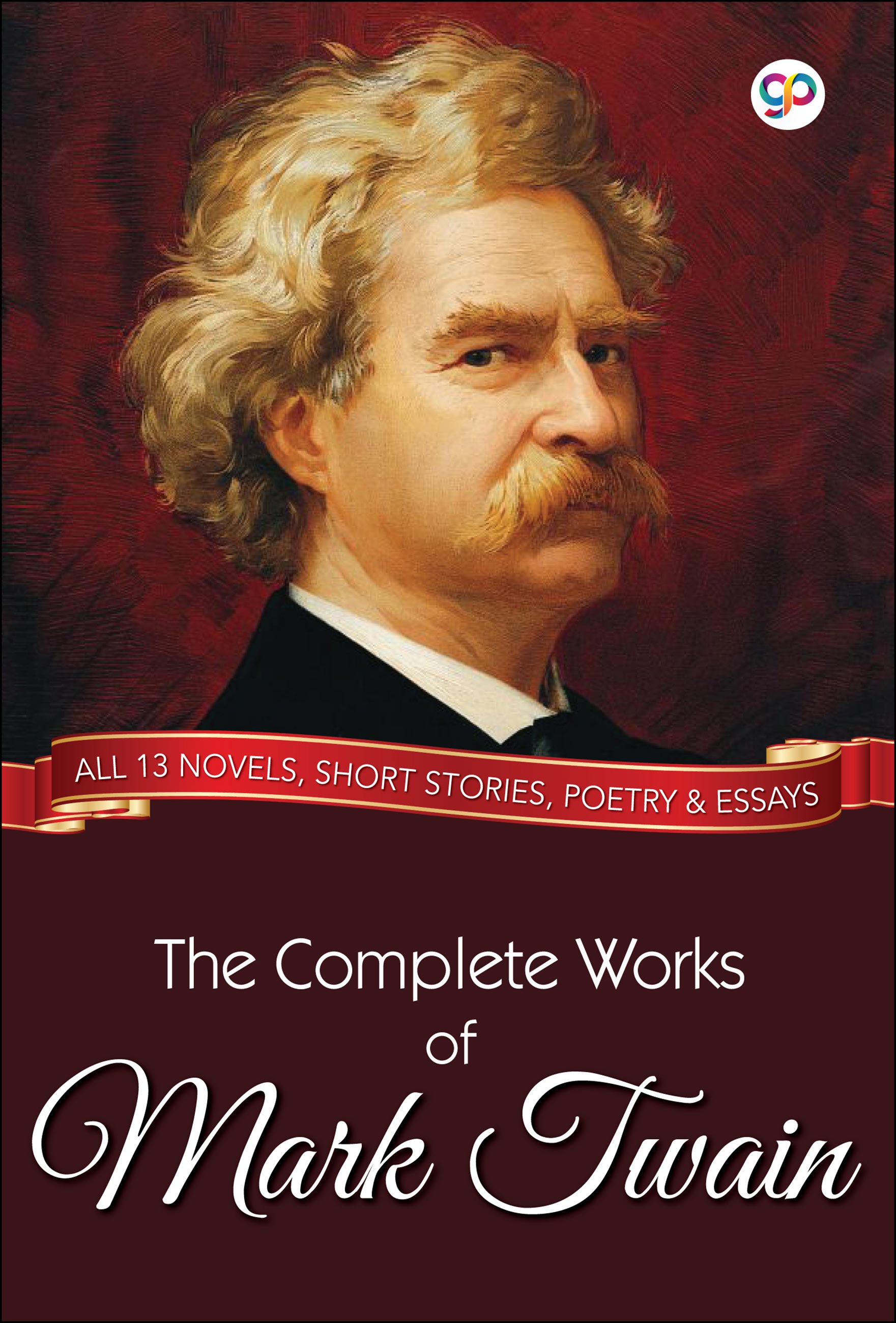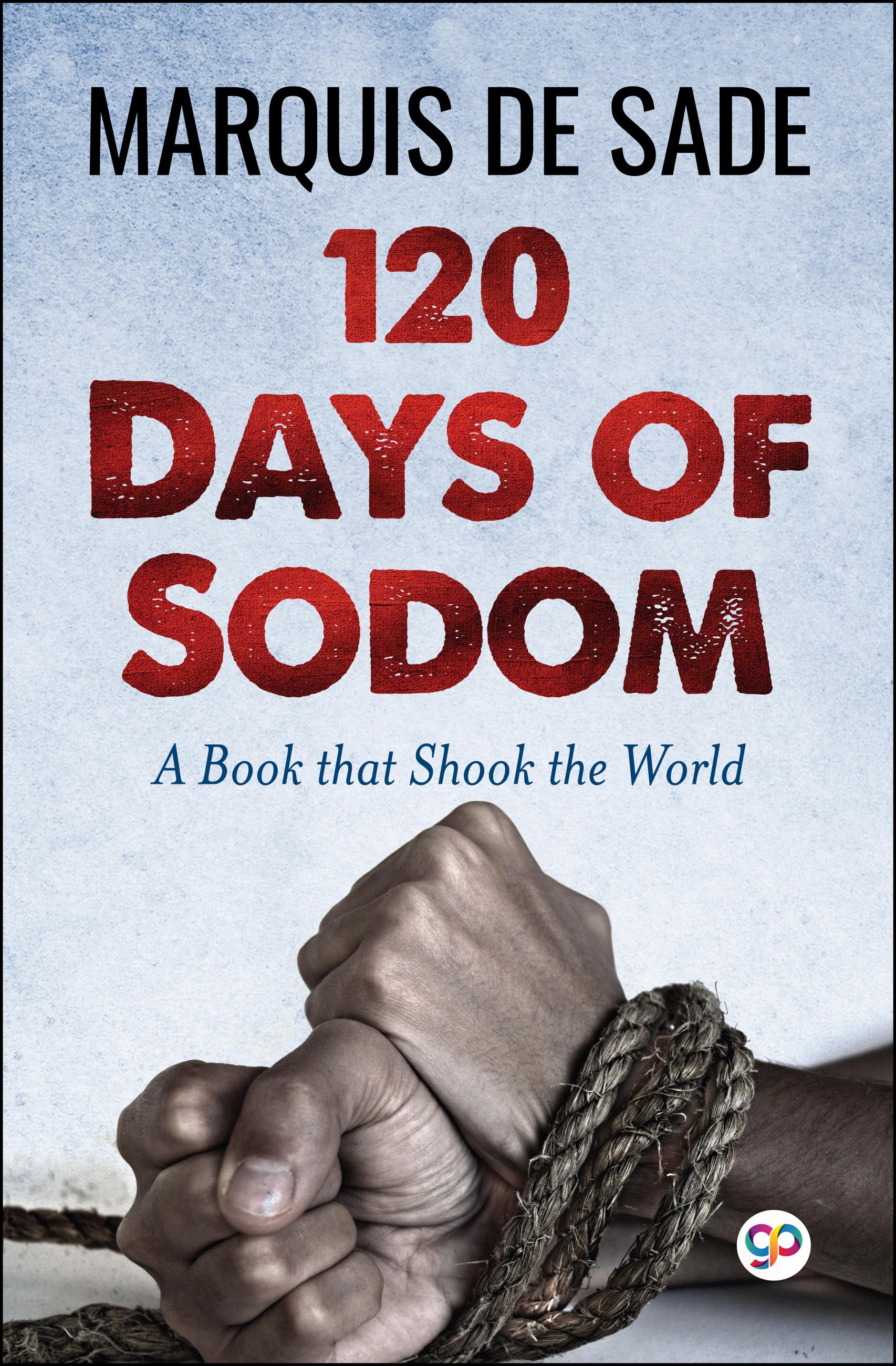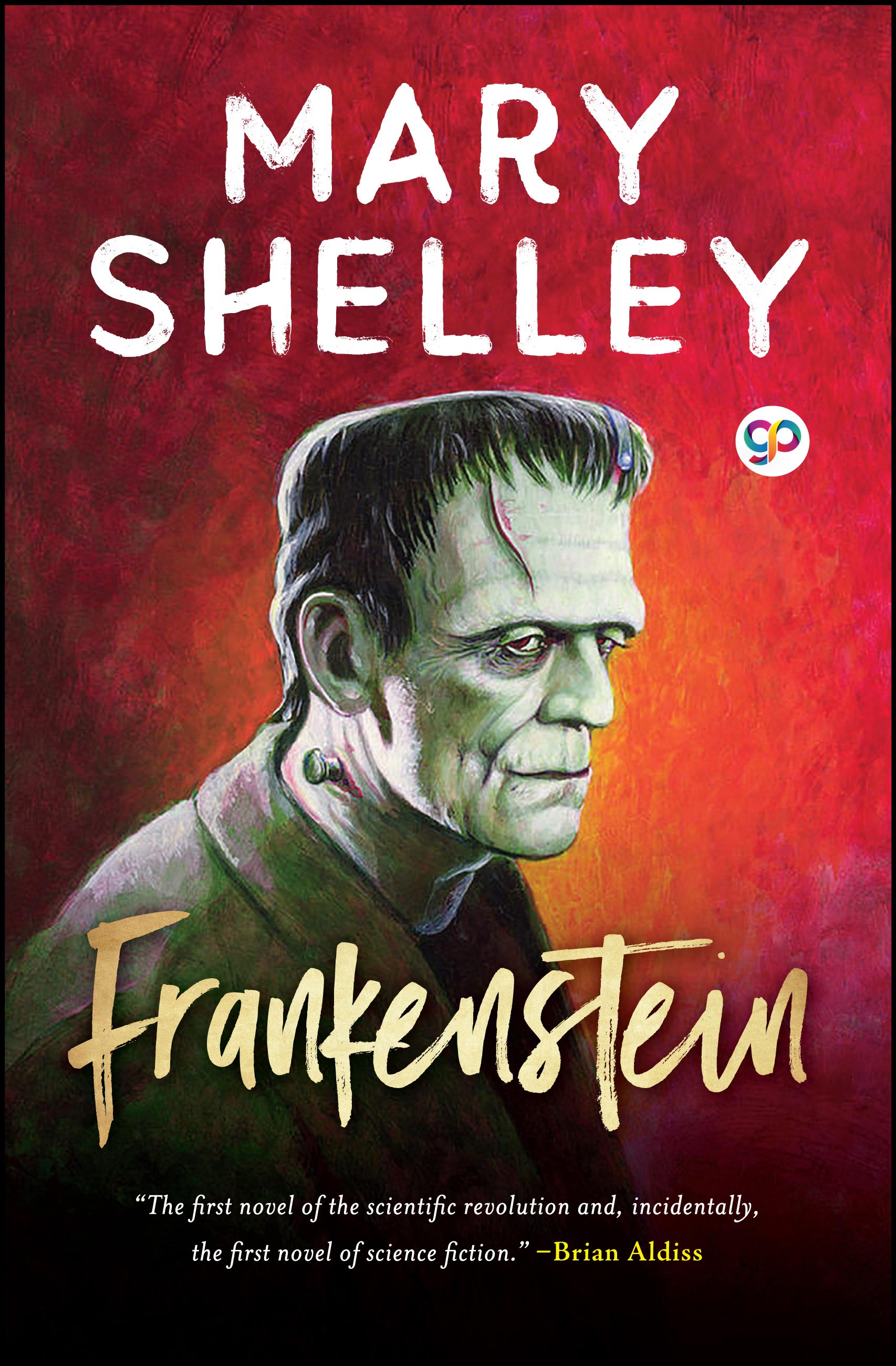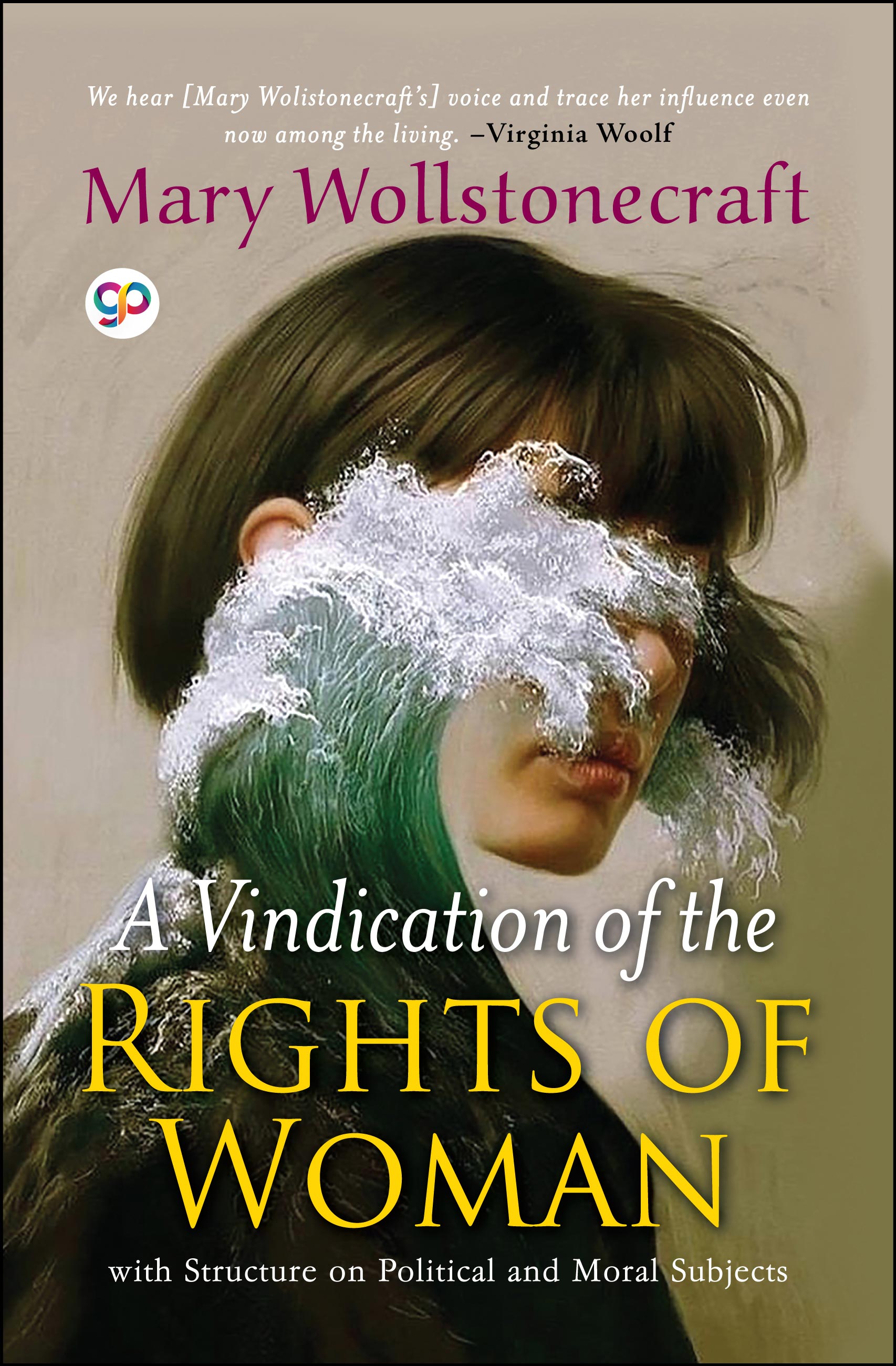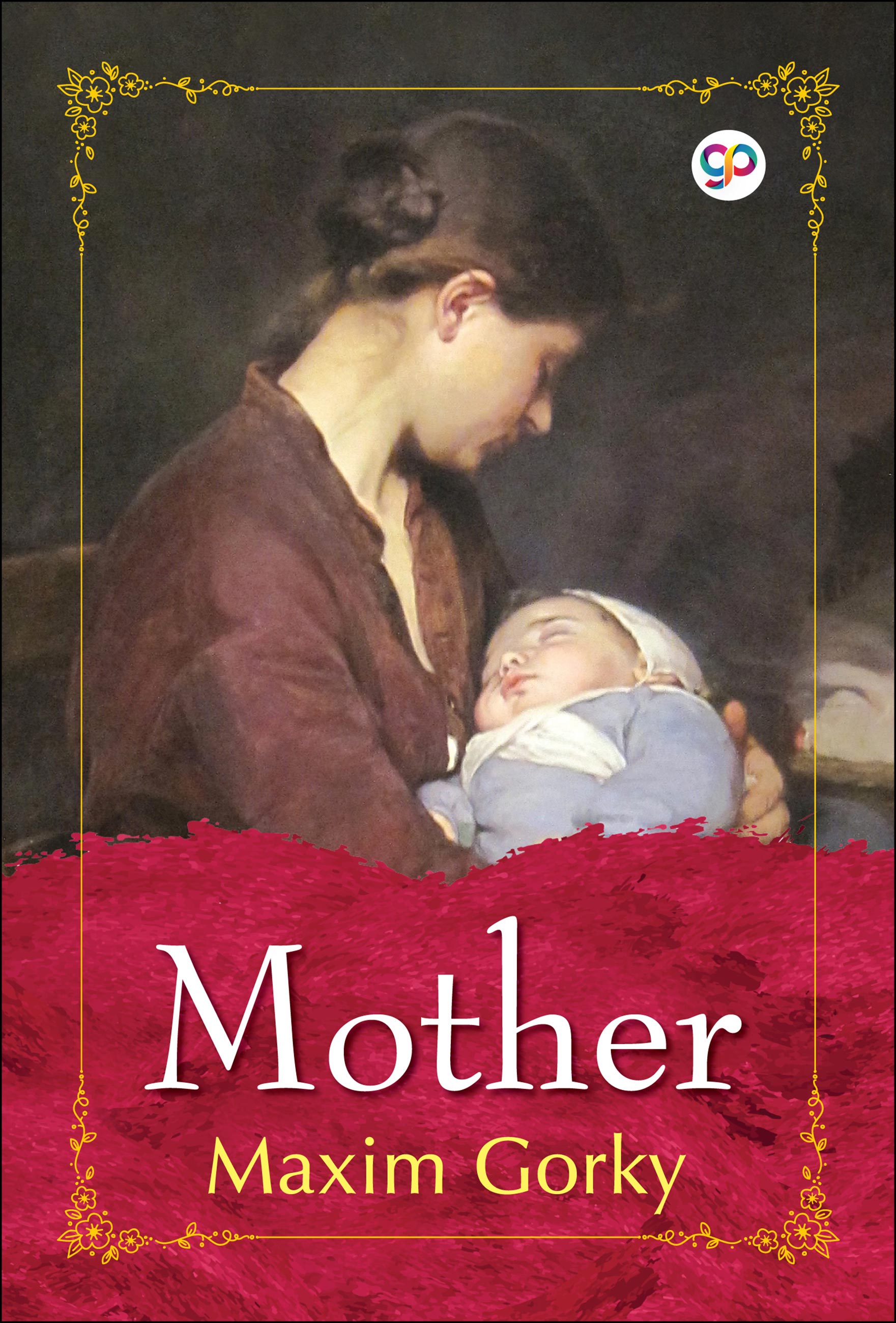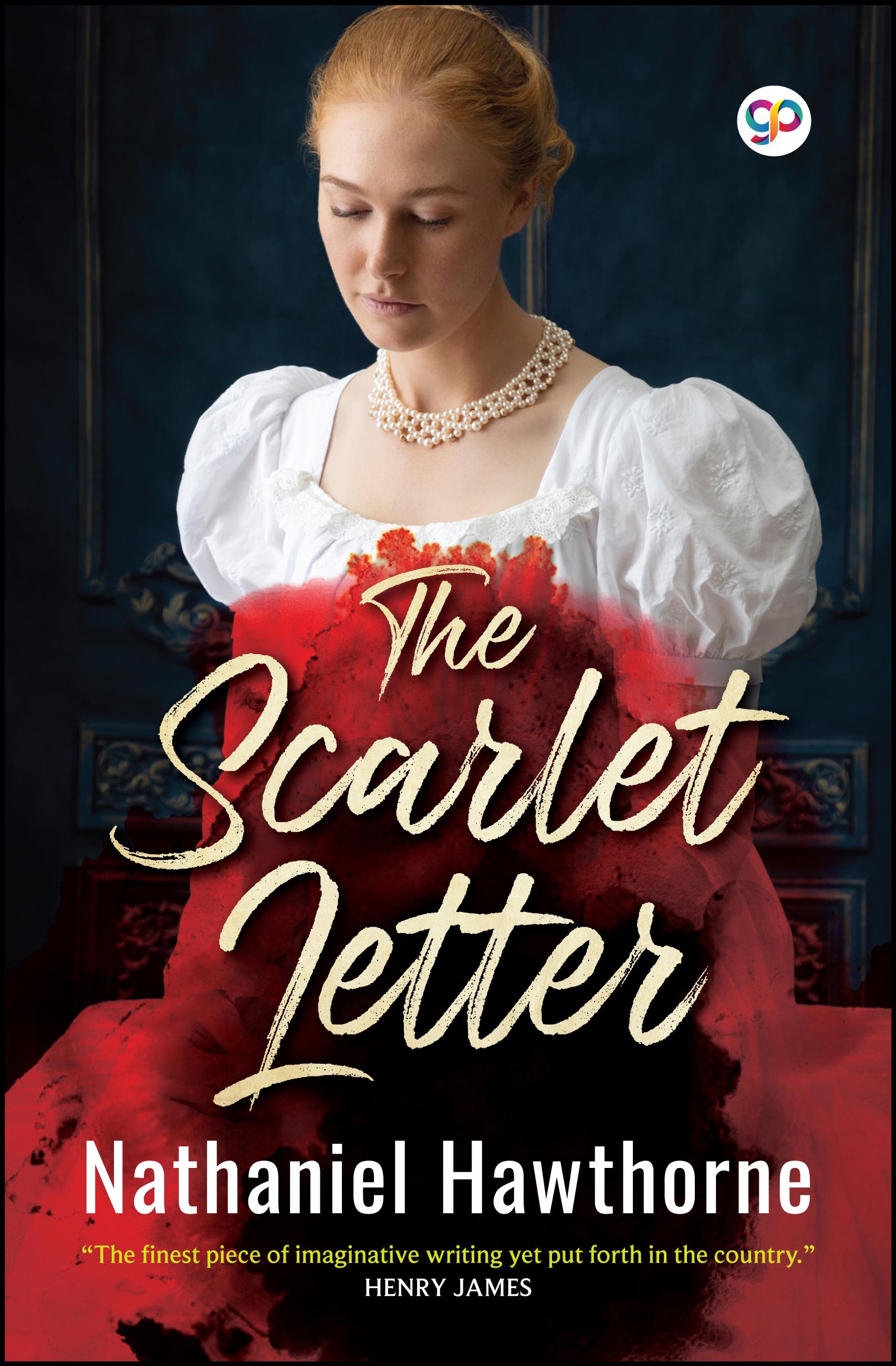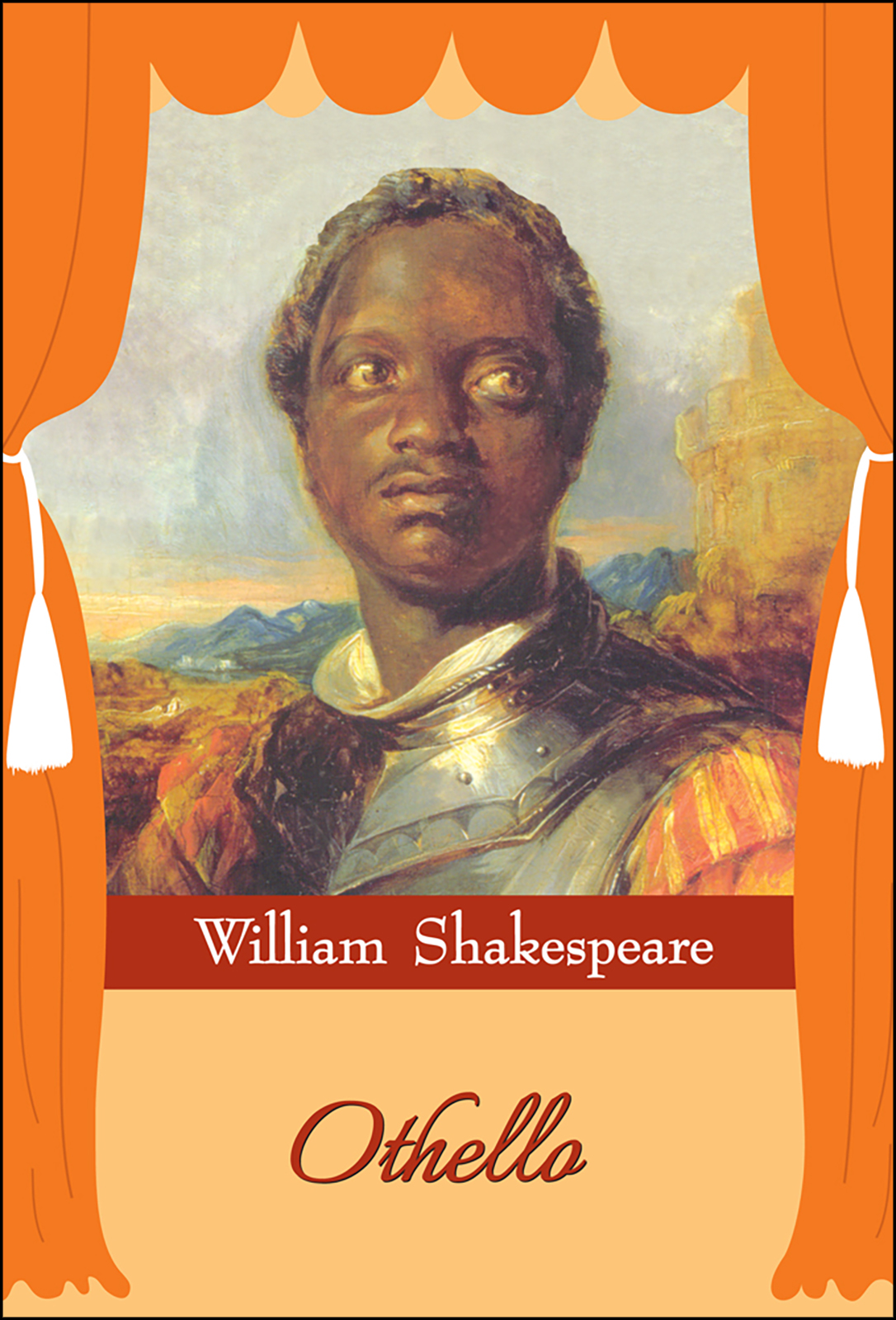
Othello (Paperback)
Othello has long been recognised as one of the most powerful of Shakespeare's tragedies. This is an intense drama of love, deception, jealousy and destruction, written in 1603. Dramatic and powerful in its scope, Othello explores the perils of suspicion and jealousy and the ensuing breakdown of relationships and disaster that can arise from such emotions. Othello, a revered soldier, secretly marries Desdemona, the daughter of a Venetian senator, but is led to believe that she has been unfaithful to him by his ensign, Iago, leading to tragic events. Desdemona's love for Othello, the Moor, transcends racial prejudice; but the envious Iago conspires to devastate their lives. In its vivid rendering of racism, sexism, contested identities, and the savagery lurking within civilization, Othello is arguably the most topical and accessible tragedy from Shakespeare's major phase as a dramatist. Productions on stage and screen regularly renew its power to engross, impress and trouble the imagination.
BEST SELLERS
About the Author
William Shakespeare (baptised 26 April 1564) was an English poet and playwright, widely regarded as the greatest writer in the English language and the world's pre-eminent dramatist. He is often called England's national poet and the 'Bard of Avon' (or simply "The Bard"). His surviving works consist of 37 plays, 154 sonnets, two long narrative poems, and several other poems. His plays have been translated into every major living language. Shakespeare was born and raised in Stratford-upon-Avon. Scholars believe that he died on his fifty-second birthday, coinciding with St George’s Day. At the age of 18 he married Anne Hathaway, who bore him three children: Susanna, twins Hamnet and Judith. Between 1585 and 1592 he began a successful career in London as an actor, writer, and part owner of the playing company the Lord Chamberlain's Men, later known as the King's Men. He appears to have retired to Stratford around 1613, where he died three years later. Shakespeare produced most of his known work between 1590 and 1613. His early plays were mainly comedies and histories, genres he raised to the peak of sophistication and artistry by the end of the sixteenth century. Next he wrote mainly tragedies until about 1608. He was a respected poet and playwright in his own day, but his reputation did not rise to its present heights until the nineteenth century. The Romantics, in particular, acclaimed Shakespeare's genius, and the Victorians hero-worshipped Shakespeare. In the twentieth century, his work was repeatedly adopted and rediscovered by new movements in scholarship and performance. His plays remain highly popular today and are consistently performed and reinterpreted in diverse cultural and political contexts throughout the world.
Read Sample
Characters in the Play OTHELLO, the Moor, a general serving the Venetian state. DESDEMONA, Othello’s wife. BRABANTIO, a Venetian senator and Desdemona’s father. IAGO, Othello’s ‘ancient’ (ensign). EMILIA, Iago’s wife. CASSIO, Othello’s lieutenant. BIANCA, a courtesan, Cassio’s mistress. RODERIGO, a Venetian gentleman. DUKE of Venice. SENATORS of Venice. MONTANO, Governor of Cyprus. GRATIANO, a noble Venetian, Desdemona’s uncle. LODOVICO, a noble Venetian, Desdemona’s cousin. SAILOR. CLOWN. MESSENGER. HERALD. OFFICERS, GENTLEMEN, MUSICIANS and ATTENDANTS. Act 1 Scene 1. Venice at night. A street. Enter RODERIGO and IAGO. RODERIGO : Tush, never tell me; I take it much unkindly That thou, Iago, who hast had my purse As if the strings were thine, shouldst know of this. IAGO : ’Sblood, but you’ll not hear me. If ever I did dream of such a matter, Abhor me. RODERIGO : Thou told’st me thou didst hold him in thy hate. IAGO : Despise me if I do not. Three great ones of the city, In personal suit to make me his lieutenant, Off-capped to him; and, by the faith of man, I know my price: I am worth no worse a place. But he, as loving his own pride and purposes, Evades them with a bombast circumstance Horribly stuffed with epithets of war; And, in conclusion, Nonsuits my mediators: for, ‘Certes,’ says he, ‘I have already chose my officer.’ And what was he? Forsooth, a great arithmetician, One Michael Cassio, a Florentine, A fellow almost damned in a fair wife, That never set a squadron in the field, Nor the division of a battle knows More than a spinster – unless the bookish theoric, Wherein the toga’d consuls can propose As masterly as he; mere prattle without practice Is all his soldiership. But he, sir, had th’election; And I (of whom his eyes had seen the proof At Rhodes, at Cyprus, and on other grounds Christian and heathen) must be be-lee’d and calmed By debitor-and-creditor. This counter-caster, He, in good time, must his lieutenant be, And I, God bless the mark, His Moorship’s ancient. RODERIGO : By heaven, I rather would have been his hangman. IAGO : Why, there’s no remedy: ’tis the curse of service; Preferment goes by letter and affection, And not by old gradation, where each second Stood heir to th’first. Now, sir, be judge yourself Whether I in any just term am affined To love the Moor. RODERIGO : I would not follow him then. IAGO : O, sir, content you. I follow him to serve my turn upon him. We cannot all be masters, nor all masters Cannot be truly followed. You shall mark Many a duteous and knee-crooking knave That, doting on his own obsequious bondage, Wears out his time, much like his master’s ass, For nought but provender, and, when he’s old, cashiered. Whip me such honest knaves! Others there are Who, trimmed in forms and visages of duty, Keep yet their hearts attending on themselves; And, throwing but shows of service on their lords, Do well thrive by ’em; and, when they’ve lined their coats, Do themselves homage. These fellows have some soul, And such a one do I profess myself – for sir, It is as sure as you are Roderigo, Were I the Moor, I would not be Iago; In following him, I follow but myself. Heaven is my judge, not I for love and duty, But seeming so, for my peculiar end; For when my outward action doth demónstrate The native act and figure of my heart In compliment extern, ’tis not long after But I will wear my heart upon my sleeve For daws to peck at. I am not what I am. RODERIGO : What a full fortune does the thick-lips owe, If he can carry’t thus! IAGO : Call up her father, Rouse him, make after him, poison his delight, Proclaim him in the streets, incense her kinsmen, And, though he in a fertile climate dwell, Plague him with flies; though that his joy be joy, Yet throw such changes of vexation on’t As it may lose some colour. RODERIGO : Here is her father’s house; I’ll call aloud. IAGO : Do, with like timorous accent and dire yell As when, by night and negligence, the fire Is spied in populous cities. RODERIGO : What, ho, Brabantio! Signior Brabantio, ho! IAGO : Awake! What, ho, Brabantio! Thieves, thieves, thieves! Look to your house, your daughter, and your bags! Thieves, thieves! Enter BRABANTIO at a window above. BRABANTIO : What is the reason of this terrible summons? What is the matter there? RODERIGO : Signior, is all your family within? IAGO : Are your doors locked? BRABANTIO : Why, wherefore ask you this? IAGO : Zounds, sir, you’re robbed; for shame, put on your gown; Your heart is burst; you have lost half your soul: Even now, now, very now, an old black ram Is tupping your white ewe! Arise, arise; Awake the snorting citizens with the bell, Or else the devil will make a grandsire of you. Arise, I say! BRABANTIO : What, have you lost your wits? RODERIGO : Most reverend signior, do you know my voice? BRABANTIO : Not I; what are you? RODERIGO : My name is Roderigo. BRABANTIO : The worser welcome: I have charged thee not to haunt about my doors; In honest plainness thou hast heard me say My daughter is not for thee; and now, in madness, Being full of supper and distempering draughts, Upon malicious knavery dost thou come To start my quiet. RODERIGO : Sir, sir, sir – BRABANTIO : But thou must needs be sure, My spirit and my place have in them power To make this bitter to thee. RODERIGO : Patience, good sir. BRABANTIO : What tell’st thou me of robbing? This is Venice: My house is not a grange. RODERIGO : Most grave Brabantio, In simple and pure soul I come to you. IAGO : Zounds, sir, you are one of those that will not serve God if the devil bid you. Because we come to do you service and you think we are ruffians, you’ll have your daughter covered with a Barbary horse; you’ll have your nephews neigh to you; you’ll have coursers for cousins, and jennets for germans. BRABANTIO : What profane wretch art thou? IAGO : I am one, sir, that comes to tell you, your daughter and the Moor are now making the beast with two backs. BRABANTIO : Thou art a villain. IAGO : You are a senator. BRABANTIO : This thou shalt answer. I know thee, Roderigo. RODERIGO : Sir, I will answer anything. But I beseech you, If’t be your pleasure and most wise consent (As partly I find it is) that your fair daughter, At this odd-even and dull watch o’th’night, Transported with no worse nor better guard But with a knave of common hire, a gondolier, To the gross clasps of a lascivious Moor – If this be known to you, and your allowance, We then have done you bold and saucy wrongs. But if you know not this, my manners tell me We have your wrong rebuke. Do not believe That, from the sense of all civility, I thus would play and trifle with your reverence. Your daughter (if you have not given her leave), I say again, hath made a gross revolt, Tying her duty, beauty, wit and fortunes In an extravagant and wheeling stranger Of here and everywhere. Straight satisfy yourself: If she be in her chamber or your house, Let loose on me the justice of the state For thus deluding you. BRABANTIO : Strike on the tinder, ho! Give me a taper; call up all my people! This accident is not unlike my dream; Belief of it oppresses me already. Light, I say, light! [Exit above.


